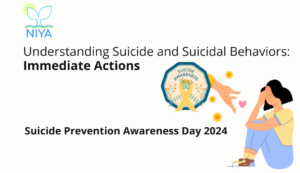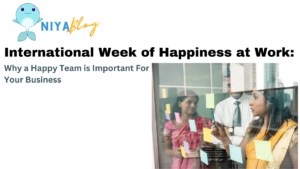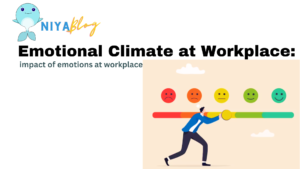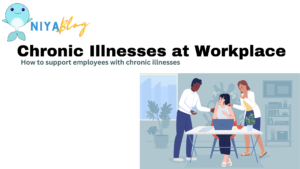
The importance of interpersonal relationships permeates into every aspect of an individual’s life. Think about it, you are more often than not surrounded by people, and they are in some way dependent on you and vice versa. This piece goes into depth about how burnout, a devastating psychological state, can impact interpersonal relationships not just in the workplace, but outside as well.
Most of you reading this article may have heard of the term burnout at one point or the other. For those of you who haven’t, burnout is a state of physical, emotional, and psychological exhaustion that occurs due to chronic exposure to excessive and prolonged stressors. An individual is usually headed towards a state of burnout if they feel like they have nothing left to give, nothing that they do will make a difference, caring about work, school, or home, life seems like a complete waste of time and majority of their day is spent on tasks that they find to be monotonous or overwhelming (Smith, Segal, and Robinson, n.d.).
Symptoms of burnout:
The majority of us have experienced days where we do not want to get out of bed because we feel helpless, overwhelmed with work, or because our efforts go unacknowledged. However, if you are experiencing these feelings on a daily basis, here is a good chance that you are burned out. The tell-tale signs of burnout include, frequent headaches/migraines, weaker immunity, chronic fatigue, change in appetite and sleep habits, appraisal of failure, feelings of helplessness, loss of motivation, a lowered sense of accomplishment, withdrawing from regular responsibilities, isolating from others, procrastinating, substance use, displacement of emotions, and job’ school truancy (Smith, Segal, and Robinson, n.d.).
Stress vs Burnout:
Before getting into the body of this article, it is highly essential that we establish a clear- cut distinction between stress and burnout. An individual is likely to feel stressed when there are very heavy demands on his/her physical and mental resources. He/she is most likely to understand that once the stressor has been alleviated or managed, everything is bound to be under control. Conversely. a burned-out individual may lose hope for even a glimmer of positivity in their life. When in a state of burnout, emotional damage is prominent, affective reactions are blunted and a state of helplessness takes over. When in a state of stress, the physical damage is prominent, affective reactions are heightened, and the individual tends to over engage.
Workplace burnout:
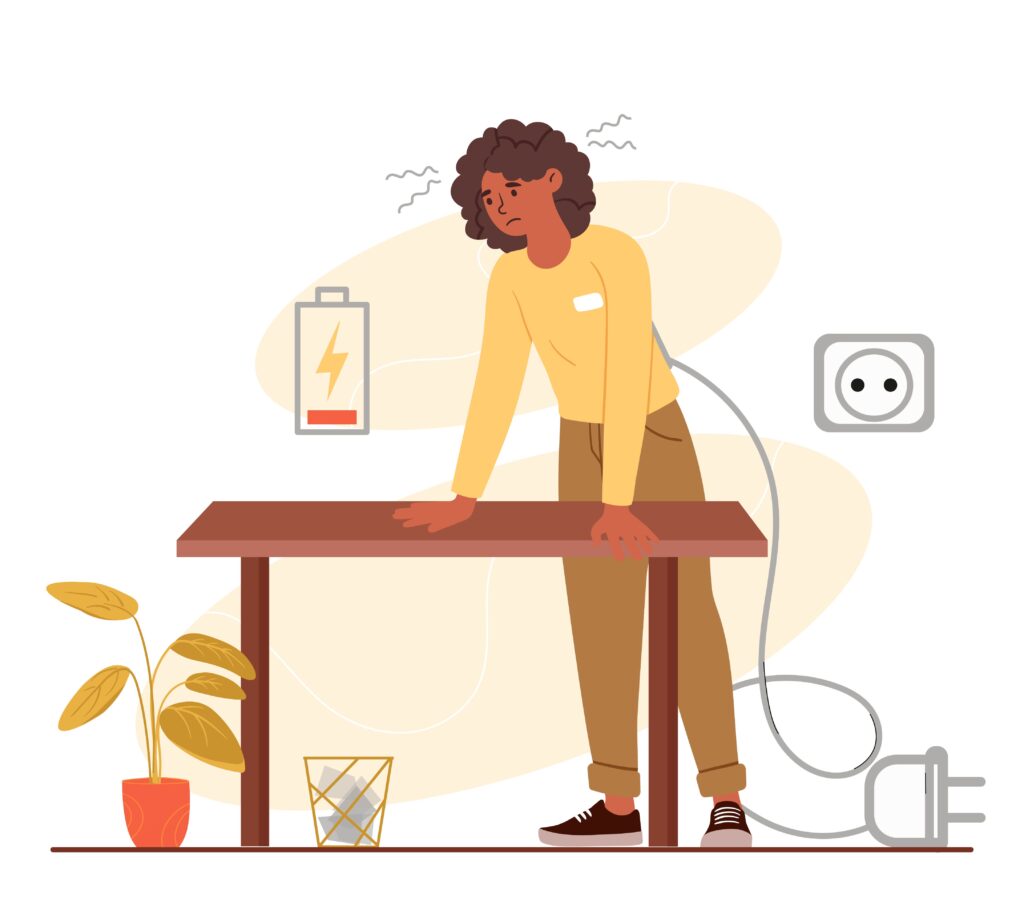
Now that we have a clear understanding of what exactly burnout is, it is about time that we delved into how exactly burnout can impact your social relationships. Considering one of our primary visions is to promote employee wellbeing, in this article, we will focus on the impact of work-related burnout. An individual is likely to experience workplace burnout when they feel like there is no scope for job growth, a lack of incentives, and a lack of autonomy. They may find themselves struggling to be productive. A lack of. control, vague job expectations, monotonous or extreme activities, workplace conflict, and work-life imbalance are plausible causes of workplace burnout (Mayo clinic, n.d.). These causes are discussed in detail below.
- Dysfunctional work dynamics plays a heavy role in the development of workplace burnout. An authoritarian colleague or feeling undermined can result in stress.
- Extreme activities refer to the job being on either the extremely monotonous end of the spectrum or the chaotic end of the spectrum. In the former, there is no scope for adventure, and it’s highly repetitive nature will eventually take a toll on a novelty seeking individual. In the latter, there is no sense of predictability, and this results in high levels of stress.
- Work-life imbalance occurs when work takes up too much of your time such that you are unable to fulfil other social roles.
- Unclear job expectations are typically the result of not knowing the degree of authority that an employee can exercise.
- A sense of lacking control emerges from an inability to make decisions that are relevant to your job. A lack of autonomy typically results in a lack of control.
The impact of job burnout on interpersonal relationships:
The effects of workplace burnout are very likely to spill onto familial relationships and friendships. The individual may begin to feel disengaged with their partner, have a pessimistic attitude towards the relationship, and feel emotionally exhausted. The frequency of fights between the individual and their loved ones are bound to increase, they may begin to get easily distracted, and consider cutting ties with different people. Marital relationships are said to experience the brunt of burnout as it manifests itself in reduced intimacy with the partner, reduced interest in sexual relationships, frequent arguments, and disengagement, (Risser, Moawad,2022). Burned out individuals may become irritable towards their co-workers, making them seem unapproachable. It may eventually lead to social isolation. Burnout has a direct impact on mental health, which in turn has a direct effect on social relationships. Therefore, with mental health as a mediating factor, burnout has an indirect effect on social relationships.
How do we prevent workplace burnout?
The ideal solution would be to prevent the problem at its roots, i.e. identify signs of burnout during early stages and prevent it from developing into a full-fledged state of burnout.
This can be done by distributing anonymous surveys, creating a suggestion box, and having regular mental health check-ins with employees (MWH, n.d.).On the other hand, social support is also a protective factor against burnout. A study conducted by Ruisoto and colleagues, in 2021, found that social support mediates the effects of burnout on health, regardless of gender. Psychosocial support refers to specific actions aimed at meeting the psychological and social needs of families, individuals, and communities. Psychosocial support plays an important role in blunting the effects of burnout.
Simple yet effective actions such as: taking the time to regularly check in with your employees such that information about the challenges they are facing can be obtained and used to develop strategies to develop a healthier workplace environment. Communicating with employees about various resources that your organization has to offer to ensure optimal psychological health will also encourage individuals to seek help. Authority figures must continually strive to eliminate any sort of stigma attached to discussing mental health (especially considering that mental health impacts the quality of an employee’s performance as well).
Human resource management should be effectively trained in identifying employees who have the potential of becoming burned out and provide them with necessary attention, care, and social support. They must also be trained in identifying employees’ needs so as to prevent burnout. All employees must be educated on the signs of burnout, and the opportunities to seek help at the workplace. Creating a safe space, and an environment characterized by unconditional positive regard is likely to mitigate the adverse effects of workplace burnout.
If you ever find yourself struggling with burnout or any other problem, you may contact Niya, as our vision is to promote mental wellbeing. The Niya app allows for therapeutic access anytime and anywhere via chat and video calls. It aims at benefiting both individuals and organizations. Your confidentiality will be ensured as the enhancement of your performance and overall health and happiness is our top priority. Contact us to seek further guidance about the services provided by us.
References
Mayo Clinic Staff. (2021) Know the signs of job burnout. Mayo Clinic.
https://www.mayoclinic.org/healthy-lifestyle/adult-health/in-depth/burnout/art-20046642
RisscT, Mi.& Moawad, H. (202, August 2). Relationship Burnout: Signs, Causes & How to Overcome
Choosing Therapy ..https://www.choosingtherapy.com/relationship-
burnout/#:~:tex-=A%20person%20experiencing%20relationship%2Obumout
Ruisoto, P. Ramirez, M. R, Garcia, P.A. Paladines-Costa, B., Vaca, S.L, & Clemente-Suárez, V.J. (2021). Social Support Mediates the Effect of Burnout on Health in Health Care Professionals. Frontiers in Psychology, 11. https://doi.org/10.3389/fpsyg,2020.623587
Smith, M., Segal, J., & Robinson, L. (2018). Burnout prevention and wreament.HelpGuide.org.
Western Governors University. (2019, June 6). Workplace Burnout: Causes, Effects, and Solutions. Western Governors University. https://www.wgu.edu/blog/workplace-burnout-causes-effects-solutions1906.html#close
Importance of Psychological and Social Support in the Workplace. (2021, April 22)
My Workplace Health, https://myworkplacehealth.com/importance-of-psychological- -and- -social -support-in-the-workplace/

